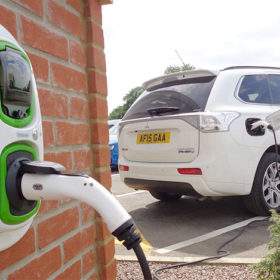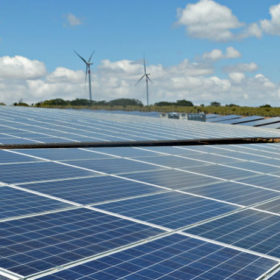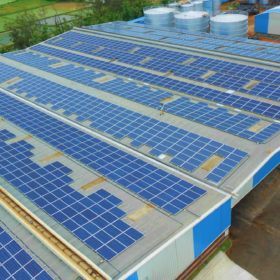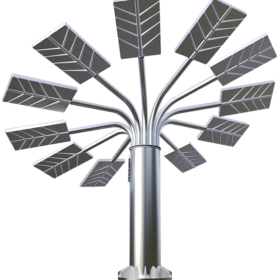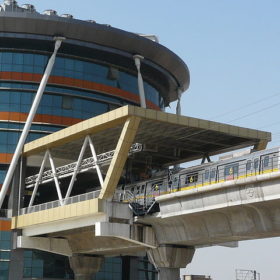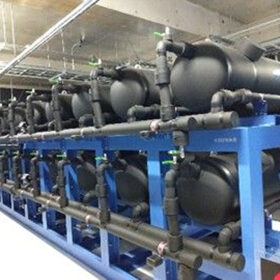EESL to install 75 EV charging stations for South Delhi Municipal Corporation
The electric vehicle (EV) charging infrastructure will come up in South Delhi Municipal Corporation area over a 10-year period, starting with installation in 18 locations within 6 months from the effective date.
Closing the information gap will drive rooftop solar, says Freyr Energy
Up to 70% of prospective customers have shied away from owning a rooftop solar system due to lack of readily available information on how to assess various solar options, says Saurabh Marda, co-founder and managing director of Freyr Energy – a Hyderabad-based rooftop solar firm that has completed over 1200 installations in just 5 years since inception in 2014.
SECI tenders 400 MW of renewables with storage option
The ISTS connected projects—to be developed on ‘build-own-operate’ basis—can be set up anywhere in India for round-the-clock power supply to New Delhi Municipal Council and Dadra & Nagar Haveli. December 3 is the last date for bidding.
White paper sums up e-transport policy progress across India
Range anxiety continues to be an obstacle to electric vehicle take-up but the nation’s willingness to embrace car-sharing and other workarounds offers plenty of promise to the sector, according a World Economic Forum report.
India unveils indigenous fuel cell system that can replace polluting DG sets
The 5.0 KW fuel cell system—developed by Council of Scientific and Industrial Research in partnership with Thermax Limited and Reliance Industries Limited—achieves greater than 70% efficiency, which otherwise may not be possible with other energy sources.
IRENA and the UN ink agreement in New Delhi to combat desertification with renewables
A memorandum of understanding signed by the institutions was not solar specific but the use of PV modules for shading, especially in agriculture, can reduce water consumption and help halt the expansion of deserts.
BHEL launches 5 solar EV charging stations on Delhi-Chandigarh Highway
The charging stations—located at the resorts of Haryana Tourism Corporation Ltd at Ambala, Kurukshetra, Karnal, Panipat and Samalkha (Sonepat)—are equipped with a rooftop solar power plant each to supply green energy for electric vehicle chargers.
Delhi Police buildings will soon have rooftop solar systems
Under an MoU signed with Solar Energy Corporation of India, grid-connected rooftop solar systems totaling 3-4 MW capacity will be installed on more than 200 police establishments across the capital.
Solar trees find more homes
Solar trees—like the ones at The National Salt Satyagraha Memorial in Gujarat—are set to make their way into the residential complexes of central government employees as the Central Public Works Department (CPWD) looks to harness solar energy to the maximum extent possible.
Delhi Metro runs on solar power from Rewa plant in Madhya Pradesh
The Delhi Metro Rail Corporation (DMRC) received 27 MW from the solar project based in Madhya Pradesh, which will gradually increase it to 99 MW. The power received was used to run operations on the Jawaharlal Nehru Stadium to Central Secretariat metro station link.
